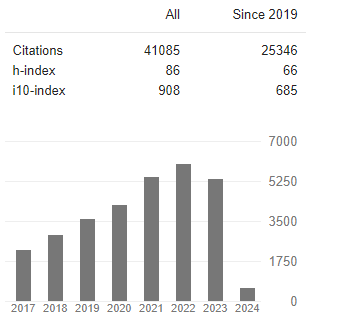Integrated Scheduling Framework for Microgrid Operation Incorporating Conservation Voltage Reduction and Stochastic Demand Response under Short-Term Planning Horizons
Abstract
Mehdi Nikravan, Ghasem Derakhshan, Mehdi Hakimi and Bahman Abedi
The strategic planning and operational management of microgrids have become imperative focal points in the evolving landscape of contemporary power systems, predominantly instigated by the pervasive deployment of distributed generation (DG) technologies and the progressive institutionalization of advanced demand response programs (DRPs). The integration of renewable DG resources, inherently characterized by stochastic variability and temporal intermittency, introduces profound layers of uncertainty into the microgrid’s day-ahead scheduling and operational paradigm. In response to these challenges, this study delineates a comprehensive stochastic optimization framework for day-ahead microgrid operational planning, wherein the synergistic incorporation of DRPs and Conservation Voltage Reduction (CVR) is pursued to enhance economic optimality and operational robustness. The proposed model concurrently assimilates time-of-use (TOU) pricing schemes and incentive-based demand response modalities. Specifically, TOU programs are employed as load modulation instruments to counteract the volatility of renewable generation, whereas incentive- driven strategies are leveraged to alleviate the inherent commitment uncertainty associated with distributed renewable resources by promoting flexible end-user participation. Moreover, CVR is systematically integrated with voltage-dependent load modeling techniques to facilitate the attenuation of peak demand and improve energy efficiency. The uncertainty associated with renewable energy outputs is rigorously addressed through the Information Gap Decision Theory (IGDT), thereby enabling the formulation of resilient and risk- averse operational strategies under conditions of profound epistemic uncertainty. The resultant non-linear optimization problem is computationally resolved through the deployment of a Genetic Algorithm (GA) applied to a standardized microgrid test system. The obtained simulation outcomes substantiate the proposed framework’s capacity to achieve operational cost minimization while concurrently augmenting system reliability and adaptability in the presence of significant uncertainty.




